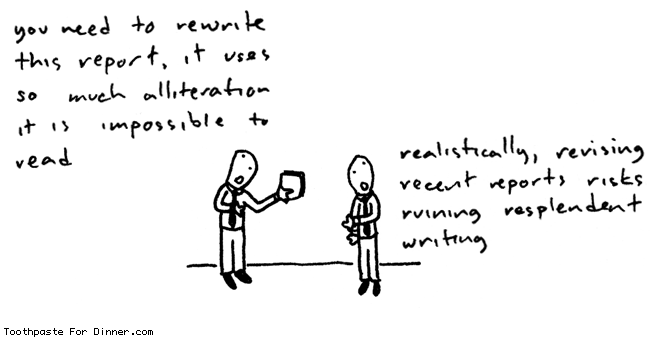 Obama's victory wasn't the only landmark decision in last week's election. Here, guest contributor Kelley Calvert weighs in on the passing of Proposition 8 against gay marriage in California:
Obama's victory wasn't the only landmark decision in last week's election. Here, guest contributor Kelley Calvert weighs in on the passing of Proposition 8 against gay marriage in California:Standing before a crowd of thousands in Washington DC, the Reverend Martin Luther King, Jr. told audiences 45 years ago: “I have a dream that one day this nation will rise up and live out the true meaning of its creed: "We hold these truths to be self-evident: that all men are created equal."
In what seemed to be the completion of Martin Luther King’s dream, Barack Obama was elected president in a landslide victory. Standing before a crowd of over 200,000 people in Chicago, President-Elect Barack Obama told the nation, “If there is anyone out there who still doubts that America is a place where all things are possible; who still wonders if the dream of our founders is alive in our time; who still questions the power of our democracy, tonight is your answer.”
For millions of Californians, his words already rang untrue.
Though Barack Obama’s election has created a sense of euphoria and a belief that all things are possible for all people, the passing of Proposition 8 by a 52%-48% margin has cast a doubtful shadow over our national dream of equality.
When Martin Luther King, Jr. marched on Washington in 1963, his dream had gathered inertia, but it was far from being realized. The Supreme Court had made school segregation illegal nine years prior, but overt and violent racism was still a norm. In a 1958 Gallup poll, 94% of Americans disapproved of interracial marriage, a statistic showing the deep entrenchment of American Apartheid.
The President of the Confederacy during the Civil War, Jefferson Davis stated, "[Slavery] was established by decree of Almighty God...it is sanctioned in the Bible, in both Testaments, from Genesis to Revelation.” Fliers distributed by the Yes on 8 Campaign brazenly declare that, “God himself is the author of marriage. Its meaning is written in the very nature of man and woman.”
Just as religion was once used to justify slavery, it is now being used to argue that gay people do not deserve the same rights as everyone else. The New American Apartheid again suggests that one group of people is somehow lesser than another and “Separate but Equal” has found its modern manifestation in Civil Unions and Domestic Partnerships.
In an irony capable only in these times, the record minority turnout for elections which put Barack Obama in the White House served to perpetuate the persecution of another minority group. Exit polls show that Proposition 8 was supported by 70% of black voters.
The remnants of yellow ‘Yes on 8’ signs paid for by religious institutions that targeted and manipulated the black vote represent a massive failure of democracy. They represent not the triumph of tradition or God’s will, but the betrayal of the values upon which we Americans have built our country. In California, we realized the dream of Martin Luther King by a staggering percentage: 61.2% for Barack Obama. This historic occasion leads me to a simple question.
California, did you forget about us? Or, are we just not included in the American fairy tale that all men are created equal? Today, my well-meaning liberal friends assure me that, “We still have a long way to go on social issues,” and continue on their way, floating on Obama’s glory. Last night my fellow Californians voted to procure rights for farm animals. Yet, somehow, you have voted to take away rights from human beings?
How is this possible?
Yes, November 4th represents the culmination of a great dream and minorities all over the country are awakening today rightfully reinvigorated by the hope that equality has been realized. Nonetheless, millions of your separate but equal fellow citizens are awakening to a different dream, a nightmare that raises the exact question many Americans asked on the eve of September 11: Why do they hate us so much?
It certainly isn’t our freedom.









